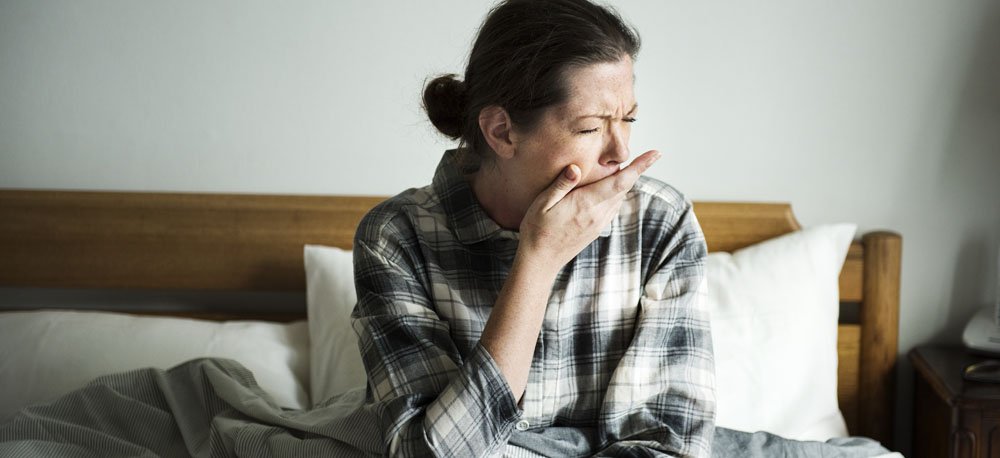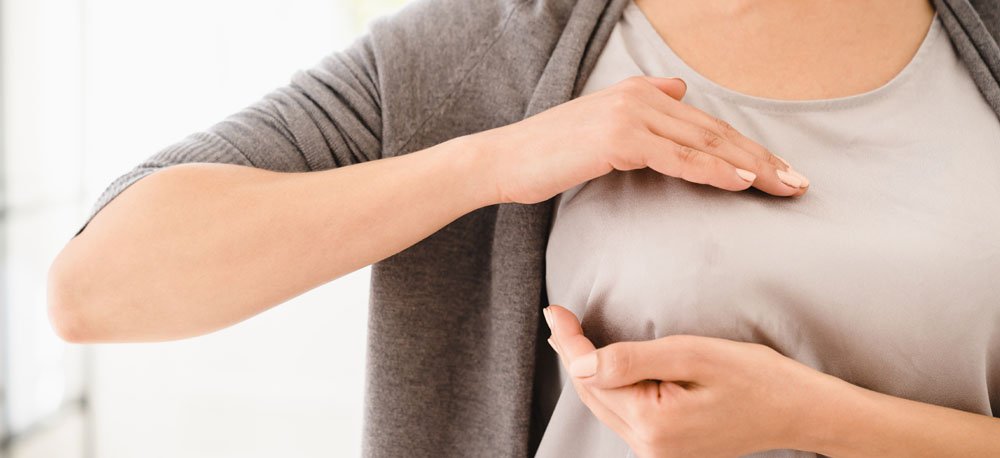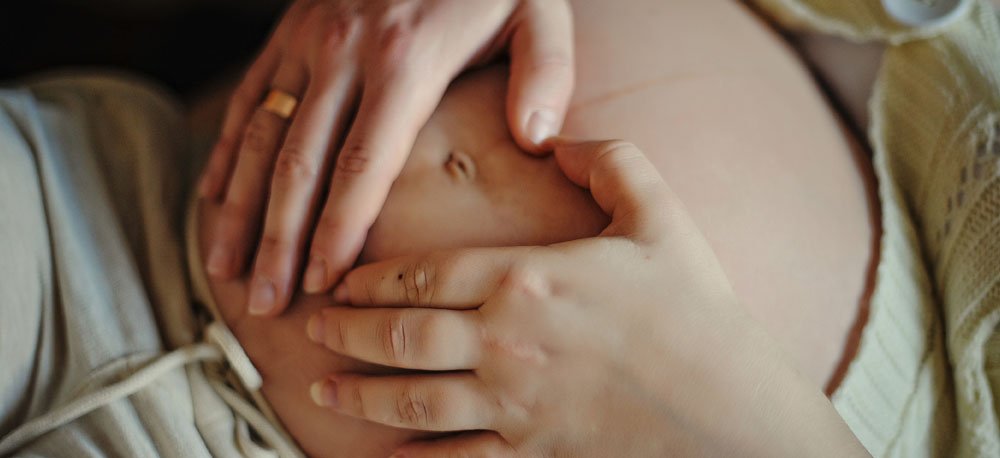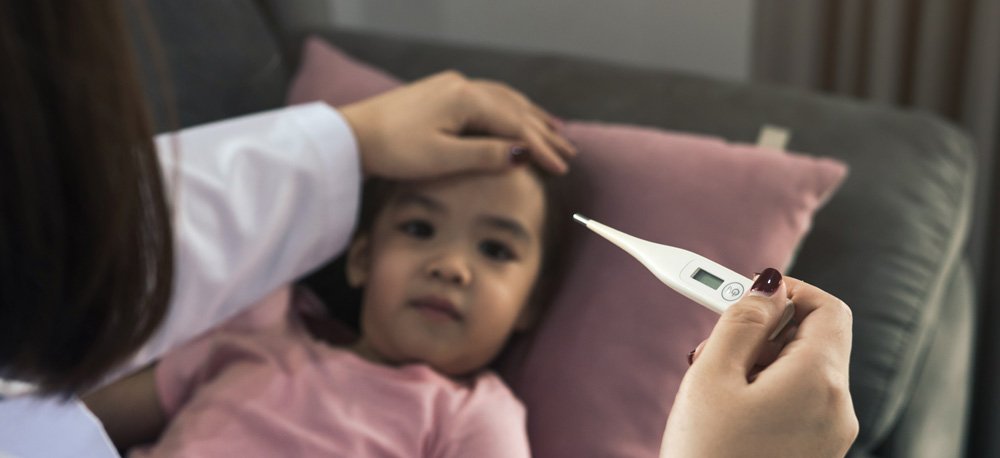-
May 13, 2020
-
0


Are People Really “Morning Larks” or “Night Owls”?
You probably know by now if you are a morning or a night person. The natural tendency to sleep and be most active at a certain time of the day is known as a chronotype. The time of day when your brain is at peak performance is determined by your chronotype. People who are early to bed and are most energetic in the morning are aptly known as “larks”. At the other end are “Owls”— those who are most active at night, and sleep later as well. Though there may be external factors such as work timings and travel, this propensity for a particular chronotype is innate and depends on your internal body clock. This internal body clock, in turn, determines a very important bodily function known as the circadian rhythm.
What are circadian rhythms? Why do they matter?
The internal body clock that governs your sleep and wake-times impacts nearly every bodily function. The physical and mental changes caused by this internal clock in your body are known as circadian rhythms. While circadian rhythms are largely guided by your genes and other natural factors particular to your body, the environment around you can also alter them.
One of the most prominent stimuli is light. Your body is naturally programmed to be active when it is light and sleep when it is dark. The nervous system is deeply connected with this internal master clock. When daylight fades, your eyes signal your brain to produce the sleep-inducing hormone called melatonin. When the sun rises again, your brain is signaled to reduce the melatonin levels.
Functions such as body temperature, hormone production, metabolism, eating habits, and brain activity all fluctuate in a 24-hour cycle and are deeply impacted by your circadian rhythm. When they get out of sync or are disturbed, complications in your health may arise. Besides disruptions in daily activities such as tiredness, decreased alertness, and issues with decision making, these fluctuations have been linked to disorders such as diabetes, depression, and obesity.
Morning larks—benefits and drawbacks:
Advantages:
-
Morning larks exhibit greater levels of happiness and are at a lower risk of depression than night owls, according to a large-scale genetics study conducted by the University of Exeter. By waking up early and performing at their peak, larks are able to stave off stress and loss of sleep. -
A study of 364 participants conducted by the University of Education, Heidelberg found that larks are more persistent and cooperative than their owlish counterparts. The same study also showed that larks are more proactive and conscientious. -
Research shows that larks tend to be healthier than night owls with a healthier body weight index independent of factors such as exercise and eating habits.
Drawbacks:
-
Morning larks tend to tire earlier than night owls. Sleep pressure begins to weigh in on larks midway through the day, and they can be tired and lethargic by evening. -
With the day starting early, the productivity of larks stays high only for the earlier part of the day before their ability to perform tasks starts waning.
Night Owls—benefits and drawbacks:
Advantages:
-
Multiple studies and research have shown that night owls are more intelligent and have better reasoning skills than morning larks. A study of US Air Force recruits found that owls scored higher on intelligence tests than larks. -
Owls have greater mental stamina and alertness than larks. In a study conducted by the University of Leige, Belgium, owls demonstrated consistently faster response times over morning larks in tests that compared reaction times at various times of the day. -
Studies have shown that people with the tendency to stay up late also exhibit the most creativity. Owls were inferred to have the ability to find alternative solutions easily and develop a non-conventional spirit.
Drawbacks:
-
Research has shown that night owls have “novelty-seeking” tendencies that make them susceptible to unhealthy habits such as smoking and drinking. -
The circadian rhythm associated with owls has been reported to be strongly linked to depression and anxiety by multiple studies.
Being one of the two chronotypes isn’t necessarily better than the other since most of our circadian tendencies seem to be natural and of genetic predisposition. You need to follow a healthy lifestyle that best suits your natural body clock. For more information on sleep-related conditions, book an appointment with our specialists at the Brain and Spine Institute at Sagar Hospitals.
Contact
JAYANAGAR
BANASHANKARI






